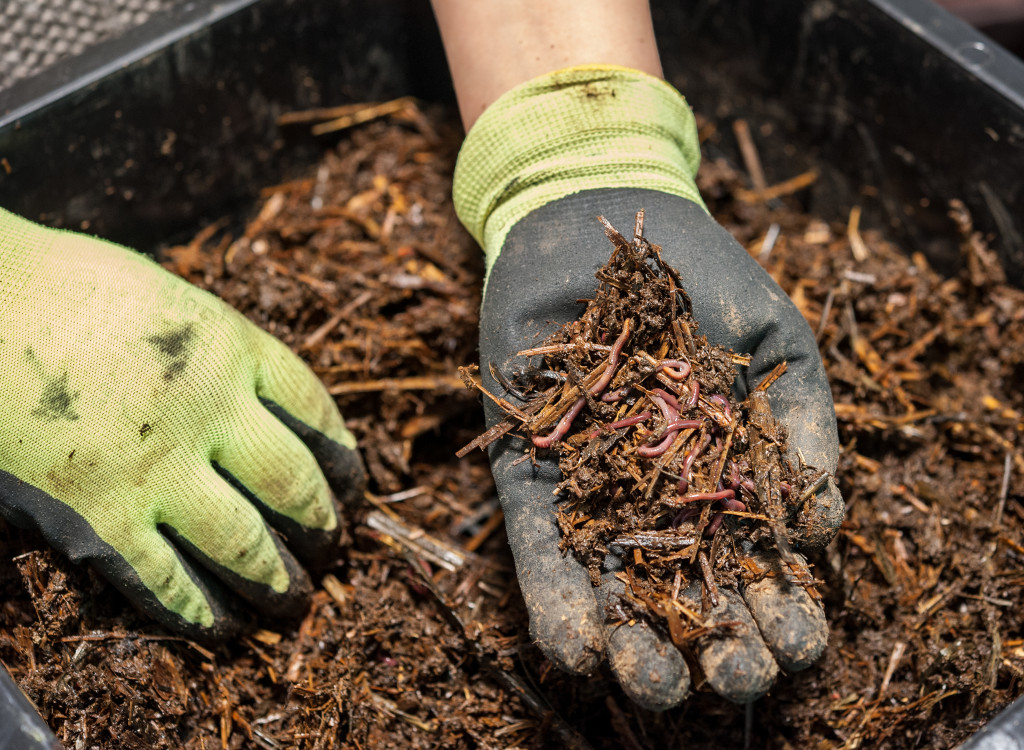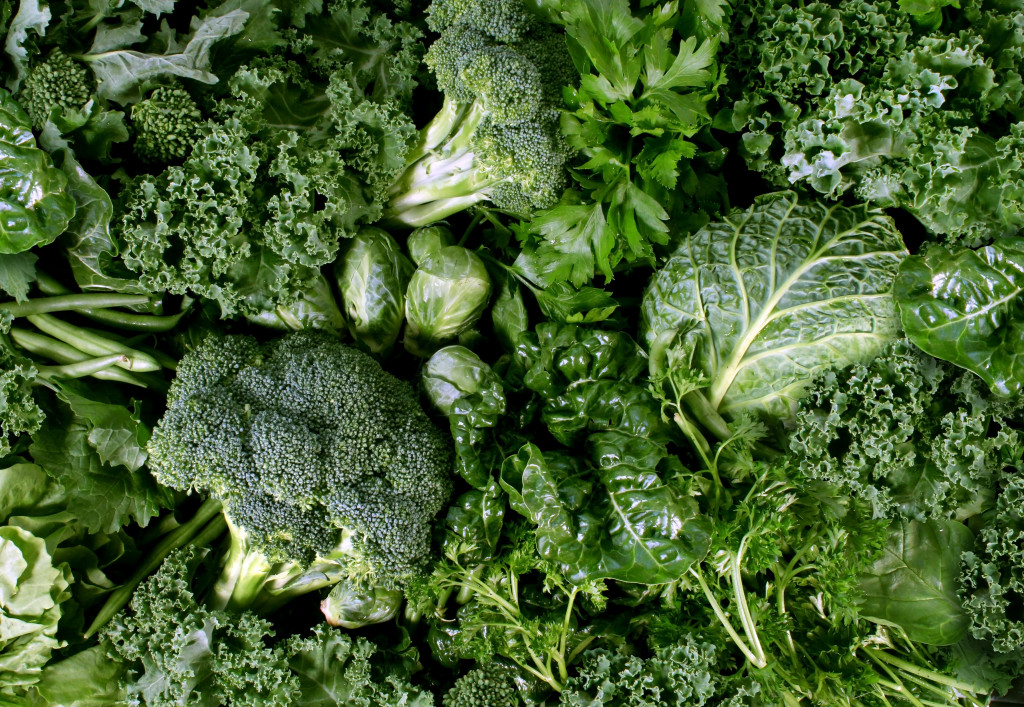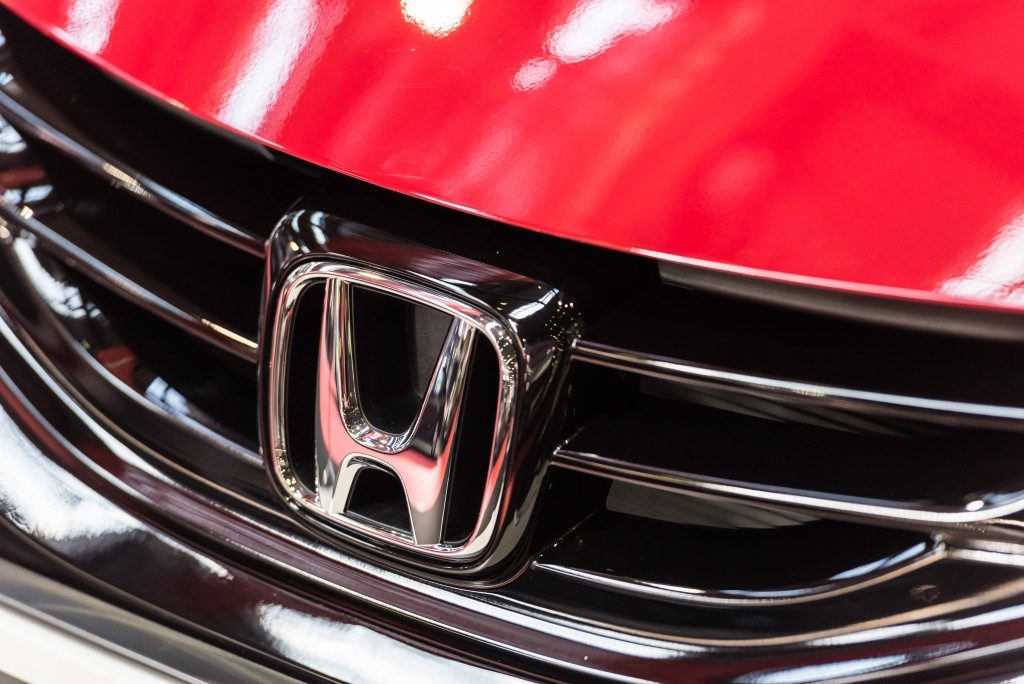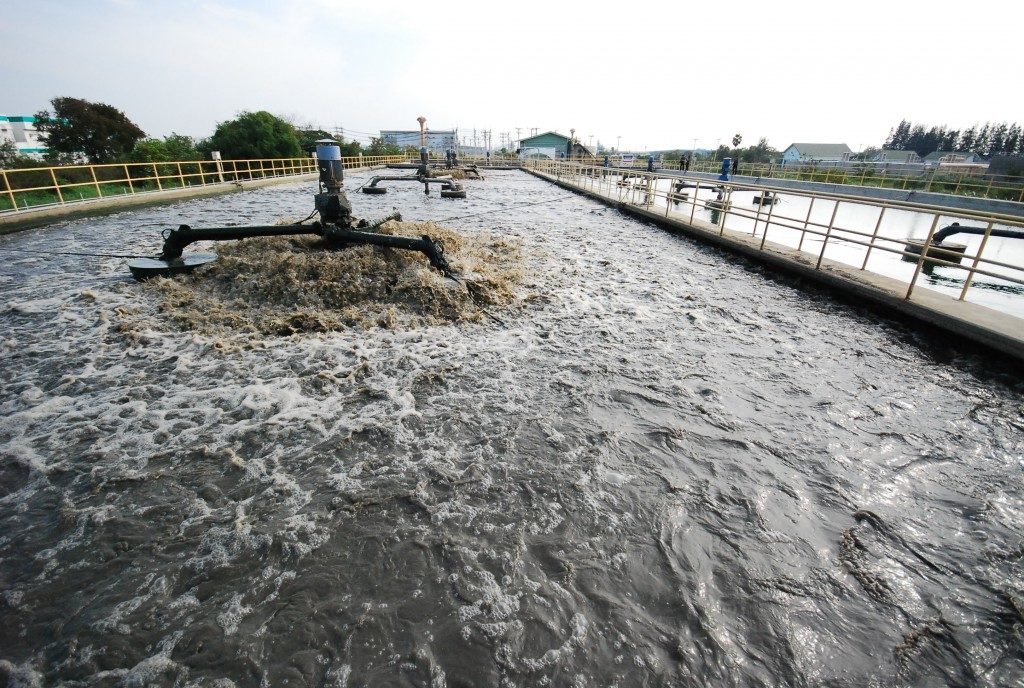After the panic buying that ensued in the first few weeks of the Covid-19 pandemic, people were hit hard with one fact — you can’t eat money. As grocery supplies depleted, those who lived in farms, grew their own food did not worry while the rest became anxious.
While we hope that nothing of this sort happens again in the future, it is best to be prepared for anything. With so much of our natural environment destroyed, it is possible that similar catastrophes could occur.
An important point we learned from this pandemic is that our homes have to be as self-sufficient as possible. One of the difficulties had been food. Most of us living in cities had become reliant on restaurants, convenient takeaways, and even when we cook, we get our supplies from groceries.
Gradually, people started to see the value of growing their own food in their backyard. People who could afford started buying properties they could convert into small sufficient farms.
If you are still saving for that major move though, don’t worry. You can still already start a small garden in your home. While a backyard is ideal for more produce, you can do container gardening in the meantime, a garden you could easily transplant once you acquire a bigger piece of land.
Growing Your Vegetables
There are two easy ways of growing your vegetables — grow them from seeds or grow them from cut-offs.
If you are using seeds, place them in a seedbed first. For this, you can use empty water bottles. Cut off half of the bottle — vertically so that you will have more area for your seeds. Punch some holes into the remaining half to allow water to drain when you water it. Add soil and scatter some seeds on the surface. You can choose to add a thin layer of soil on top of the seeds, but it is not necessary. Put it in a place where it can get adequate sunshine and water it once a day.
Once your seeds have germinated and have grown true leaves (not the first leaves that come out when they break out from the seed) then you can transfer one seedling to a bigger container that would allow your plant to grow bigger. Whatever your container is, make sure it is able to hold enough soil to allow your plant’s roots to grow big. It will be crucial in your plant’s growth as well.
Cut-offs are basically your kitchen scraps. If the food products you consume — those onions, celery, cabbage among others — are naturally grown and a portion of their roots are left when you bought them, you can replant them. Treat them like the germinated seeds. They each need enough soil and space to grow already as opposed to the seedbed.
Creating a Compost Pit

Living in a condo or an apartment doesn’t mean you can’t have your own compost pit. Just be conscientious in its upkeep. You can use a large drum or a pail with a cover. Make sure it is covered so the decay does not affect the smell of your space. As you will be mixing your food waste with soil, the smell will not be that bad. Line the container with a plastic sheet and make sure it does not leak. When you throw food waste into the compost bin, it might be best to drain it of liquids. If your compost gets too soaked, it might smell bad.
Using the Wall Instead of the Floor
You can line your plants on shelves on a wall that gets plenty of sunshine. Make it artful so that it doubles as indoor décor. You can paint the shelves or pots. For the bigger plants, have a narrow but deep planter line one wall. Here you can have your eggplant, tomatoes, gumbo, and chili pepper.
You can also hang your plants. Place small vegetables — like chinese cabbage — in small plastic containers that are not heavy. Hang them from the ceiling, but make sure you can reach them for watering or harvesting.
Grow some herbs too like basil, peppermint, rosemary, whatever would thrive in your locality. It would not only save you groceries but would also provide a nice aroma for your kitchen.
Growing your own food is not as difficult as it seems at the start. After all, most of us all thought gardening is heavy full-time work. But the experience from the quarantines and self-isolation restrictions showed us otherwise. You just need to explore opportunities and have the patience to go through possible failures at first.





